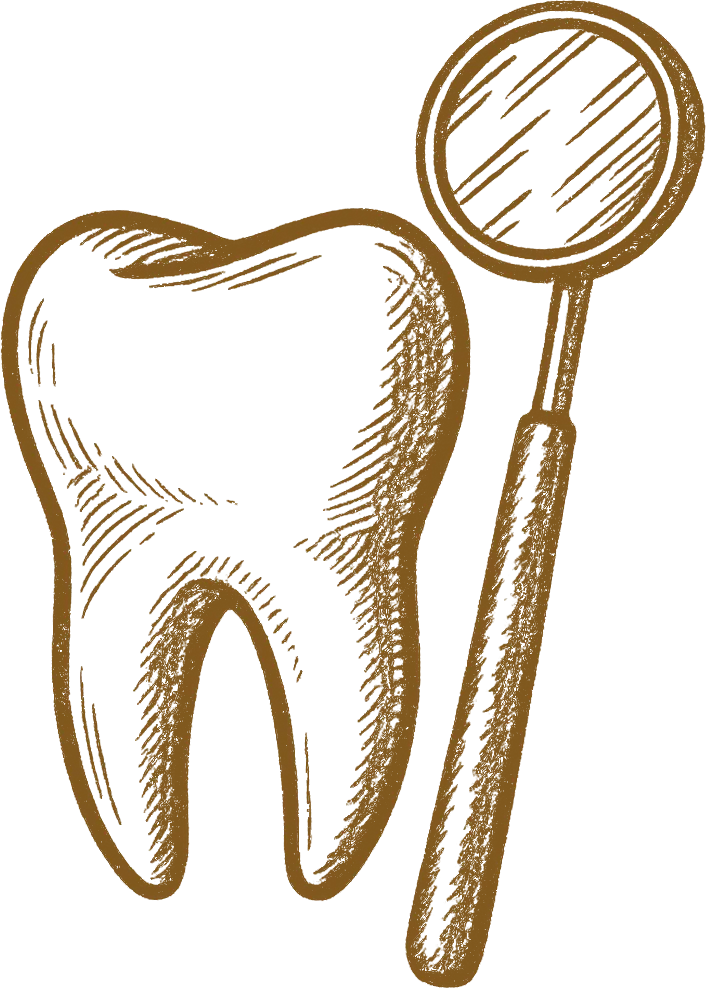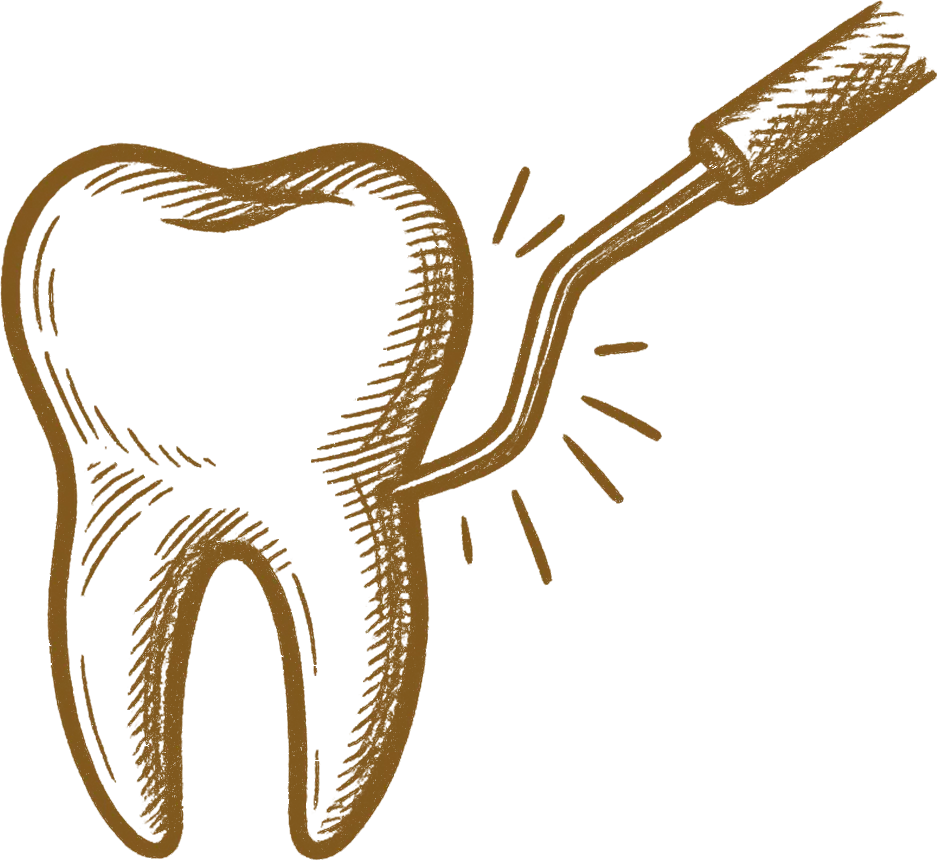When you’re in pain or facing an urgent dental problem, getting fast, expert help is essential. At Sandes Avenue Dental Practice, we offer responsive, same-day care to treat unexpected issues and relieve discomfort as soon as possible. Whether you’ve broken a tooth, lost a filling, or are dealing with swelling, bleeding, or a sudden toothache, we’re here to help.
Our calm, friendly team will listen carefully, guide you through what to do next, and aim to see you quickly. If you’re searching for a trusted emergency dentist in Kendal, you can count on us to provide the support and care you need, with clear advice, gentle treatment, and a focus on getting you back to feeling your best.
Some problems can’t wait, and if you’re unsure, it’s always better to get in touch. If you’re experiencing any of the following, we recommend contacting us right away. These may be signs of infection, injury, or urgent dental problems that need professional attention as soon as possible.
Call us now for expert guidance and to arrange a same-day appointment if needed. We’ll talk you through what to do and how quickly we can see you.

If you’re in pain or think you might need urgent dental care, our team is here to help. We’ll always do our best to offer a same-day emergency appointment and get you seen as quickly and comfortably as possible.
You can also book online to arrange an emergency appointment to let us know it’s urgent, and we’ll aim to see you as soon as we can.


While you’re on your way to see us, or waiting for your emergency appointment, here are a few helpful steps you can take to ease discomfort and protect your smile.

01
Rinse with warm salt water and take over-the-counter pain relief. Avoid placing aspirin directly on the gums.
02
Use a cold compress on the outside of your cheek to reduce swelling and ease pain.
03
Gently hold the tooth by the crown (not the root), rinse it briefly with water, and try to place it back in the socket. If not possible, store it in milk and bring it with you.
04
Rinse your mouth with warm water and keep any pieces you can find. Avoid chewing on that side.
04
Try to keep the area clean. You can use dental cement (available from most pharmacies) as a temporary fix.
If you’re suffering from a severe toothache, these simple steps can help relieve discomfort until we can see you:
Toothache can be a sign of infection or a deeper issue. Contact us as soon as possible so we can arrange to see you and treat the cause.


Accidents happen, but acting quickly can make all the difference in saving your tooth. Here’s what to do before you reach us:
Rinse Gently - Use warm water to rinse your mouth and any broken tooth fragments. Be gentle to avoid further damage.
Control Any Bleeding - If there’s bleeding, apply gentle pressure with a clean cloth or gauze until it slows or stops.
Apply a Cold Compress - Use a cold pack on the outside of your cheek to reduce swelling and numb any discomfort.
Protect Sharp Edges - If the broken tooth has left a sharp or jagged edge, you can cover it with dental wax or sugar-free gum to protect your tongue or cheeks.
Handle Knocked-Out Teeth Carefully
Pick up the tooth by the crown (the white part), not the root.
If clean, try to place it back in the socket facing the right way.
If that’s not possible, store it in milk or saliva (not water) and bring it to your appointment.
A knocked-out or broken tooth is always urgent. Call us straight away so we can offer guidance and arrange emergency care.

Swelling can be a sign of infection or trauma, and it’s important to act quickly. There are steps that you can follow before you visit the practice.
Swelling may indicate an underlying issue such as a dental abscess or infection. Call us as soon as you notice symptoms, we’ll offer advice and aim to see you promptly.


Whether it’s from the gums, a recent extraction, or an injury, bleeding in the mouth can be unsettling, but simple steps at home can help manage it safely until we can see you.
If bleeding continues beyond 30 minutes or becomes heavy, call us immediately for further advice or to arrange an urgent visit.

An oral abscess is a sign of infection and should always be taken seriously. While you’re preparing to see us, you can follow these steps to manage discomfort and support your oral health.
An abscess won’t go away on its own, it needs professional treatment. Call us as soon as you suspect one so we can see you promptly and relieve the infection.


If a filling, crown, or veneer comes loose or breaks, don’t worry, follow these steps to protect your tooth and ease discomfort until we can see you.
Even if there’s no pain, a missing filling or restoration can expose your tooth to damage or decay. Call us to arrange a prompt repair and prevent complications.
